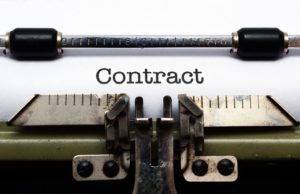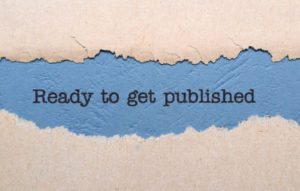Quick links, bringing you great articles on writing from all over the web.
We have another great post on contracts from
~ * ~
Clause by Clause: Options
 Hi everyone! This is the first installment of a new series I’m going to be writing here at Pub Crawl: Clause by Clause. As our resident contracts expert, I’m going to do my best to demystify this part of the publishing process for you, one clause at a time. Today I’m talking about Option Clauses.What is an Option Clause?
Hi everyone! This is the first installment of a new series I’m going to be writing here at Pub Crawl: Clause by Clause. As our resident contracts expert, I’m going to do my best to demystify this part of the publishing process for you, one clause at a time. Today I’m talking about Option Clauses.What is an Option Clause?In publishing, an Option Clause gives the Publisher the first look–dibs, if you will–on the next book an Author writes.
That’s it. Really.
Rewards
Why is it important to a Publisher to get the option on your next book? And what are the advantages for you, the Author? Publishers want to form successful business partnerships. They choose to publish authors they believe in, ones they think will bring a good return on investment, and whose books they like and want to champion. If they find an Author who does all of the above, of course they want to continue to work together. Publishers–like agents–can have a vision for your career and often want to be a part of building it. Allowing them the first look at your next work is a courtesy, an acknowledgement of all the time and money and effort they’ve already put in on your behalf, and it gives them the opportunity to persuade you to stay and take the next step in your career with them.
“Wait, persuade me?” you might ask. “You mean, if the Publisher has the option on my next book and makes an offer I don’t have to take it? I can still walk away?”

 By Weina Dai Randel
By Weina Dai Randel
